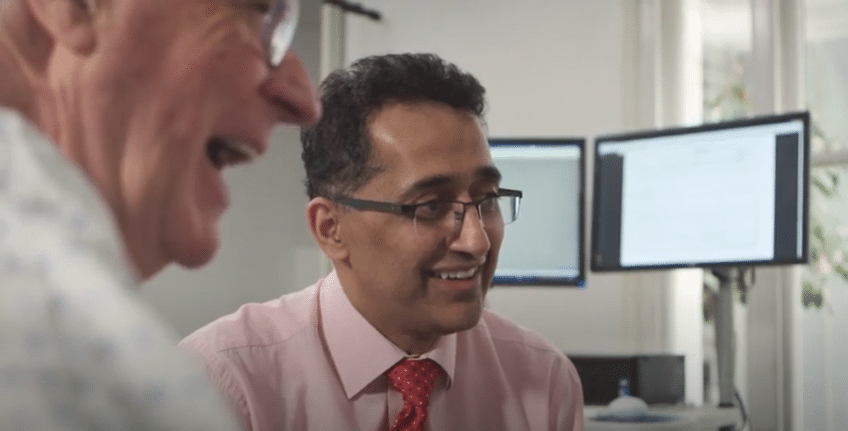
Our cardiologists are at the cutting edge of their fields of interest. They are active researchers and are asked to lecture locally and internationally. See below for a selection of their research:
Al-Lamee R, Howard JP, Shun-Shin MJ, Thompson D, Dehbi HM, Sen S, Nijjer S, Petraco R, Davies J, Keeble T, Tang K, Malik IS, et al
Fractional Flow Reserve and Instantaneous Wave-Free Ratio as Predictors of the Placebo-Controlled Response to Percutaneous Coronary Intervention in Stable Single-Vessel Coronary Artery Disease.
Circulation. 2018 Oct 23;138(17):1780-1792. doi: 10.1161/CIRCULATIONAHA.118.033801.
Broyd CJ, Rigo F, Nijjer S, Sen S, Petraco R, Al-Lamee R, Foin N, Chukwuemeka A, Anderson J, Parker J, Malik IS, et al.
Regression of left ventricular hypertrophy provides an additive physiological benefit following treatment of aortic stenosis: Insights from serial coronary wave intensity analysis.
Acta Physiol (Oxf). 2018 Dec;224(4):e13109. doi: 10.1111/apha.13109. Epub 2018 Aug 3.
Jones DA, Rathod KS, Pavlidis AN, Gallagher SM, Astroulakis Z, Lim P, Sirker A, Knight CJ, Dalby MC, Malik IS, et al.
Outcomes after chronic total occlusion percutaneous coronary interventions: an observational study of 5496 patients from the Pan-London CTO Cohort.
Coron Artery Dis. 2018 Nov;29(7):557-563. doi: 10.1097/MCA.0000000000000644.
Koizia L, Khan S, Frame A, Mikhail GW, Sen S, Ruparelia N, Hadjiloizou N, Malik IS, Fertleman MB.
Use of the reported Edmonton frail scale in the assessment of patients for transcatheter aortic valve replacement: a possible selection tool in very high-risk patients?
J Geriatr Cardiol. 2018 Jun;15(6):463-466. doi: 10.11909/j.issn.1671-5411.2018.06.010.
Cook CM, Ahmad Y, Howard JP, Shun-Shin MJ, Sethi A, Clesham GJ, Tang KH, Nijjer SS, Kelly PA, Davies JR, Malik IS, et al.
Impact of Percutaneous Revascularization on Exercise Hemodynamics in Patients With Stable Coronary Disease.
J Am Coll Cardiol. 2018 Aug 28;72(9):970-983. doi: 10.1016/j.jacc.2018.06.033.
Rathod KS, Koganti S, Jain AK, Astroulakis Z, Lim P, Rakhit R, Kalra SS, Dalby MC, O’Mahony C, Malik IS, et al
Complete Versus Culprit-Only Lesion Intervention in Patients With Acute Coronary Syndromes.
J Am Coll Cardiol. 2018 Oct 23;72(17):1989-1999. doi: 10.1016/j.jacc.2018.07.089.

